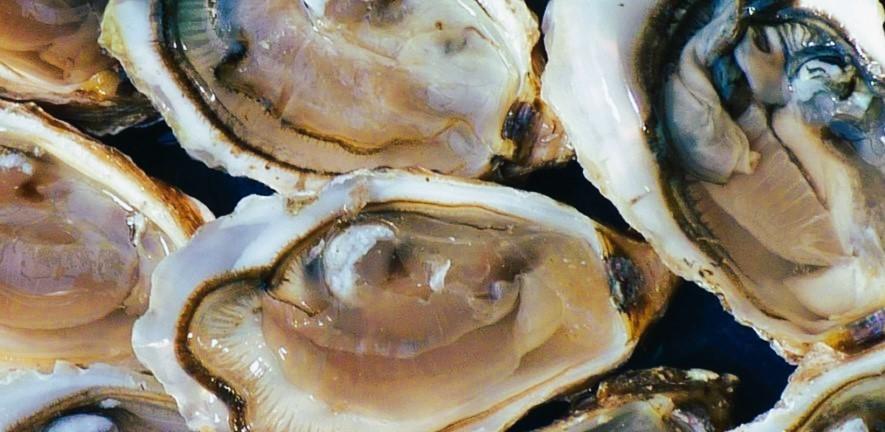
Submitted by A.B. Youngman on Fri, 23/06/2023 - 17:34
A paper co-authored by Jacob Gawel, Prof David Aldridge and Dr David Willer of the Department of Zoology, proposes ways in which sustainable meat from bivalve molluscs (otherwise known as mussels, clams and oysters) could become part of our everyday diets.
Bivalve aquaculture has a lower environmental footprint than most protein sources, requiring minimal land and nutrient inputs. In terms of nutritional value, bivalves have higher levels of iron, zinc, vitamin A and B12, and omega 3 fatty acids, and a similar protein content to popular fish such as cod and tuna.
Their research, published in Food Frontiers journal, looked at barriers to and drivers for bivalve consumption and investigated whether offering bivalves in a highly transformed (i.e., more processed) product format might help to drive consumption.
When it comes to mainstream menus, bivalves are not a popular dish, despite their environmental and health benefits. But the study, conducted via an online survey in the UK, found that people were more likely to substitute processed meat for bivalves, especially if they were aware of the advantages when it comes to well-being and sustainability.
The researchers suggest that the development of a greater range of appealing, affordable and convenient products from bivalve meat would help increase the popularity of this sustainable and nutritious foodstuff, with benefits to human health and the planet.

